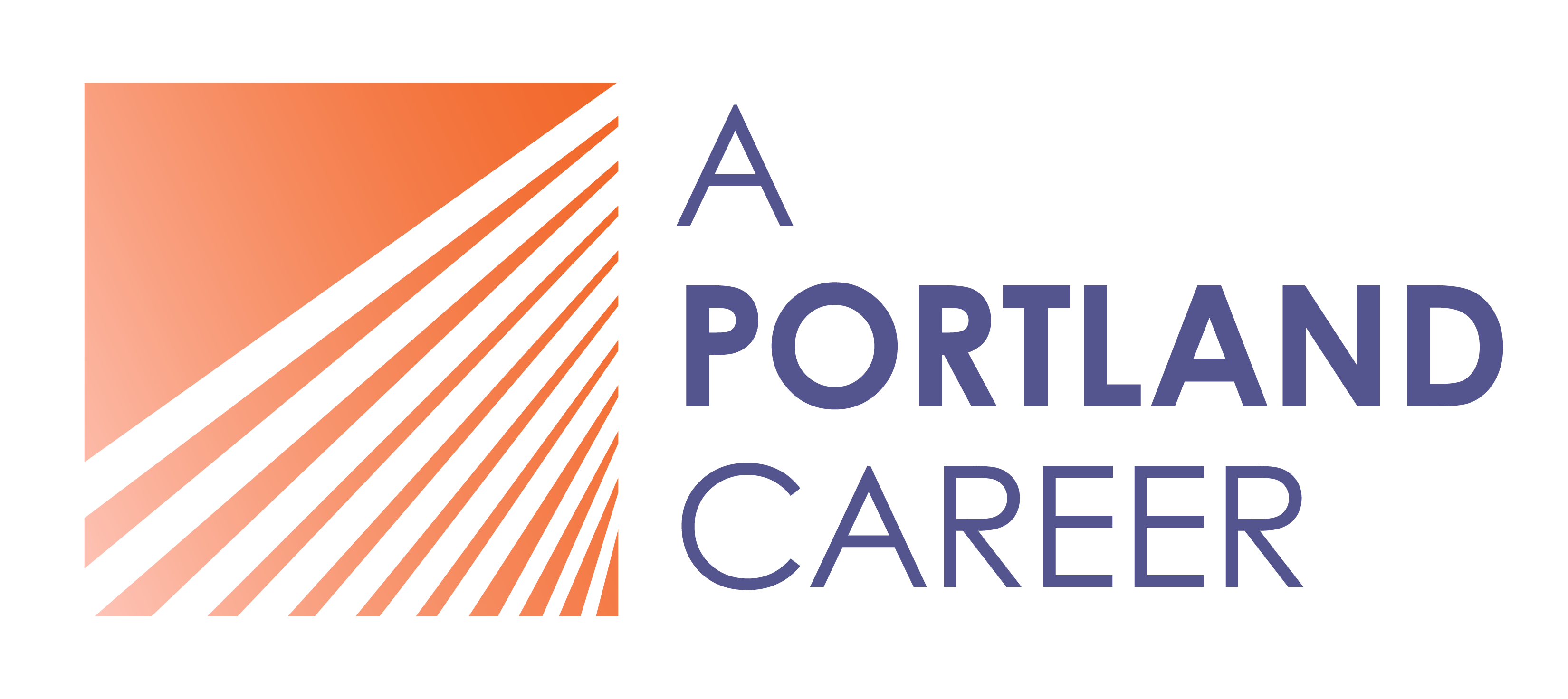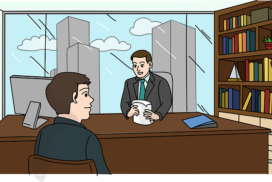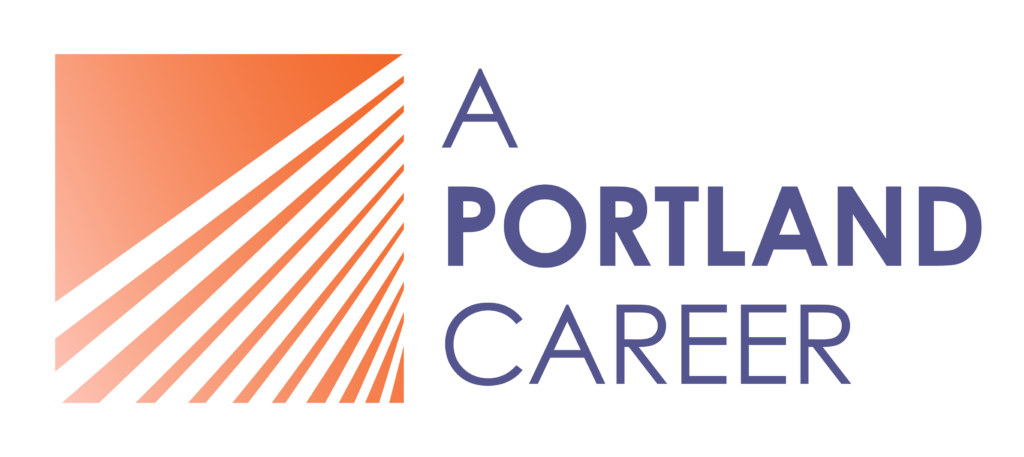Learn how to best answer the “tell me about your greatest weakness” question in your next job interview with expert strategies and sample answers.
Get insider interview tips that’ll help you nail the job interview and land your dream job!
How to Prepare for Your Next Job Interview: The Career Expert’s Guide
By A Portland Career, and edited by Jelena Grove, Dan Hahn, M.S., and Suzie Sherman
Preparing for your next interview? Schedule a call and we’ll help you nail it.
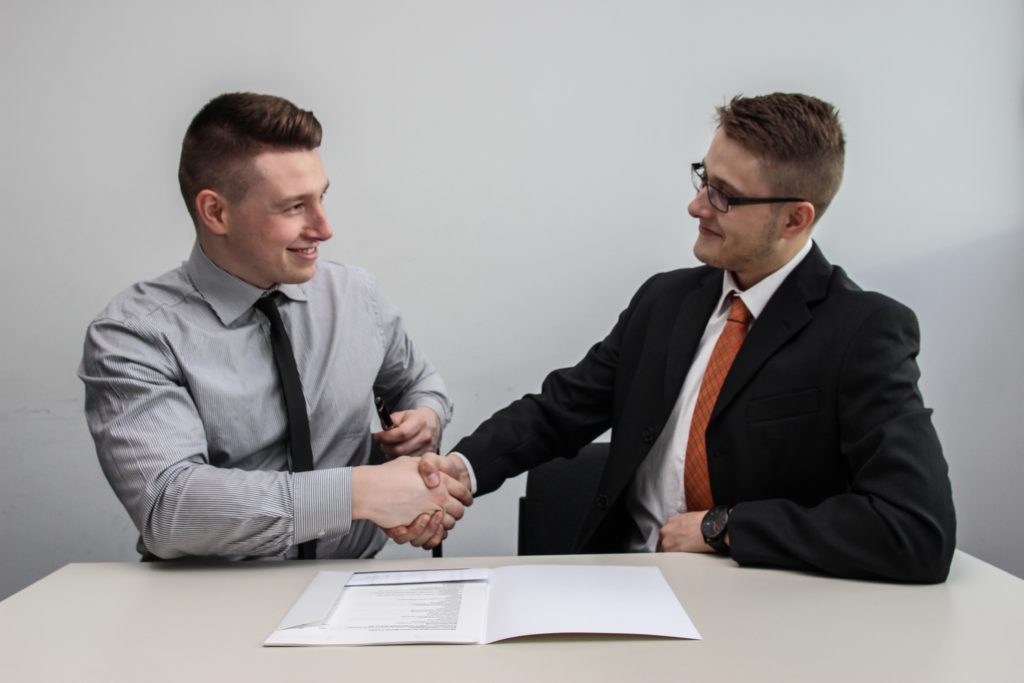
The job interview is one of the most important moments of your job hunt – and there are no second chances. Let’s take a look at what you can do to best prepare for the most valuable first impression in your job search.
When you go to interview for a new job, even if you decide later that you don’t want it, at this point you have only one goal: to win an offer.
Being nervous is natural. The real issue is how to convert your nervous energy into productive action. Fortunately, there is a lot you can do to dramatically improve your performance. In this post, we’ll break down hot to prepare for your next job interview into three steps: research, strategy, and practice.
Let’s take a look at each step in turn.
Home → Helpful Articles → Interviewing → How to Prepare for Your Next Job Interview: The Career Expert’s Guide
Here are more great posts about how to prep for your next interview:
- The 25 (plus 10!) Most Common Job Interview Questions
- How to Ace the “Greatest Weakness” Question in Your Next Job Interview
- The CAR Interview Method Brings Your Accomplishments to Life
- The Best Interview Questions You Should Ask at Your Next Job Interview
- Virtual Job Interviews: Master the Art of Zooming It In!
- Advanced Job Interview Tips: Know Your Answer and How You’ll Say It
If you’re feeling anxious about interviewing, get in touch with us, and we’ll make sure your interviews start landing you more job offers.
On This Page
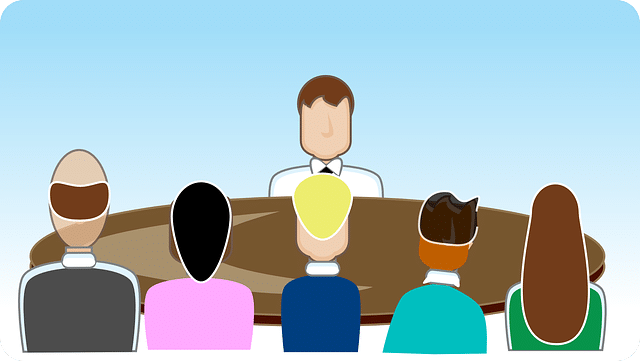
Ground zero: The interview invitation
When you’re offered an in-person interview, make sure you ask a few key questions:
- Will the interview be a phone interview, video interview, or in-person interview?
- How many people will be interviewed?
- What are the names and positions of the interviewers?
- How long is the interview is expected to take?
- What does the interview process look like?
This will give you an idea of the type of interview you can expect: a behavioral interview, a screening interview (i.e., six candidates for 30 minutes), or a final interview (i.e., three candidates with the hiring manager for an hour).
Once you’ve got your interview scheduled and have some idea of what you’re up against, it’s time to start getting ready. Here’s how.
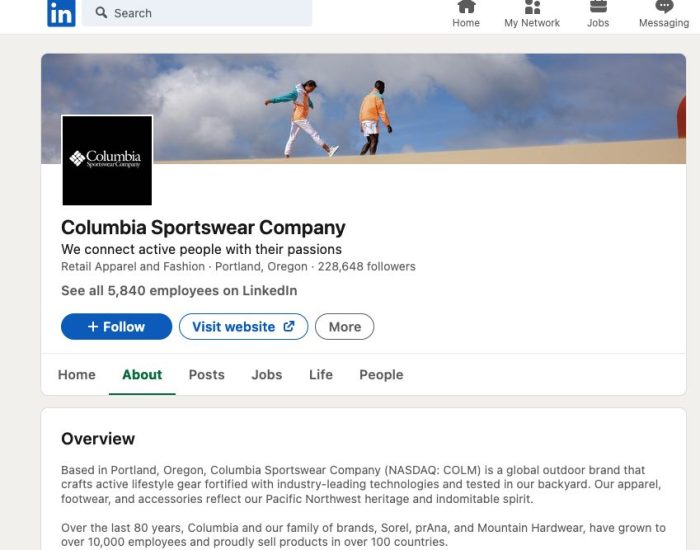
Step 1: Research your potential employer (and then some)
Doing your research before an interview is an absolute must. Luckily for you, the internet makes it easy. If you don’t brush up about the company you’re interviewing for before the interview, you send the message that you don’t care much about the job.
First, you’ll want to brush up on a few things:
- Common interview questions for your job description
- Uncommon interview questions for any job description
- The job posting itself
Then, run through the following places to get to know the ins and outs of your potential employer:
Company websites
A company website is a treasure trove of information and should be the first place you start researching. Company websites tell you what the employer wants people to think and feel about the organization – for example, if your prospective employer’s site says something like, “We are the technological leader in our field,” you should probably be aware of that lest you want to seem like you don’t know the first thing about them.
But beyond the obvious value-laden taglines, you can find all sorts of useful information on company websites, by reading their blogs, looking through their product offering, getting a sense of their values, company culture, or origin story, and finding links to their social media, press releases, or media mentions.
Social media
If you know the names of the individuals who will be interviewing you, go ahead and Google them, as well as search for their LinkedIn profiles. You might find professional articles they’ve written, presentations they’ve given, or LinkedIn groups they’re a part of. In addition to learning about them professionally, you might discover a mutual interest about which you could initiate small talk to create common ground quickly. For example, if you learn that your prospective manager is a judge for cat shows and you love cats, you’ll know it’s fair game to mention your tabby in your interview.
Media writeups and employee reviews
Has your company of interest been written up in the media? With a bit of Googling, you can find this out. You might also look at resources like The Portland Business Journal, for example, which may show you what others have said about the organization.
What’s more, job websites like Glassdoor.com can be useful to gain more insight into the company you’re gunning for (including things like salary ranges). Glassdoor isn’t just a job board – it’s an excellent source for testimonials and reviews from people who have actually worked at the company or interviewed for jobs there.
Reach out to your network
Researching prospective employers is yet another place where having a strong network is an asset. You can email your team and ask if anyone knows anyone at the organization. This can give you access to insider information like pet peeves or the personal style of the supervisor.
For example, one of Vicki’s clients used her network to learn that the IT manager who would supervise her was very bottom-line oriented. Therefore, she was able to practice CAR (challenge, action, results) statements that gave examples of her bottom-line outcomes in clear quantitative terms.
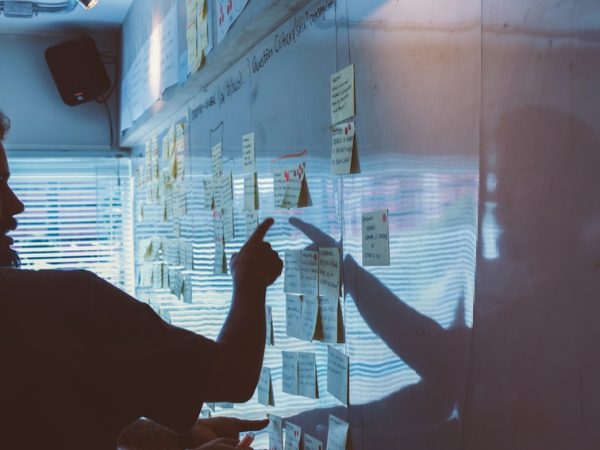
Step 2: Devise a strategy
Three by Two
Once you understand as much as you can about the perceived needs of the employer, decide which of your strengths should be accentuated in the interview. Vicki calls her approach “Three by Two.” First, choose three strengths that you want to convey during the interview. These strengths should align closely with what you believe is important to the employer for this position. Then, develop two examples (CAR statements) for each strength.
These strengths will determine the basic themes you want to convey throughout the interview. This message ideally matches the Professional Profile section on your resume. For example, if your Professional Profile says, “Imaginative and artistic user experience expert with over 15 years in developing designs that are friendly and intuitive. Out-of-the-box thinker who enjoys collaborating with others to innovate the best user experience possible”, you will stick to this theme about your professional approach throughout the interview. When the employer sees and hears the same message, it sticks.
Assess your weaknesses and reservations
Plan an approach on how to handle your weaknesses and any questions that you fear. The general rule is to answer questions about them but to minimize the amount of time you spend on those answers. In other words, act like a politician who responds quickly to questions and then moves back on topic.
We always encourage people to present themselves as nothing but enthusiastic about a position and initially to bite their tongues about reservations. Reservations can be brought up after you are offered a position. You have much more power once the employer has decided that you are the best person to meet their needs. They will be more motivated to consider possible changes to address your reservations after they see you as part of the solution to their problems.
Once you have an offer in hand, you can ask for a meeting to address your concerns head-on. Fortunately, job offers are not customarily rescinded during the negotiation process, even if there are some points of contention. To put it simply, in the formal interview they decide if they want you; in this second meeting, you finally decide if you want them.

Step 3: Practice and mock interviews
Practice by rehearsing the questions and answers to the common questions you identified in Step 1.
By now, you should have a good grasp on the most important skills, work experience, certifications, and character traits you have to offer that match each of the employer’s needs. Identify the specific examples you want to get across in the interview, no matter what questions are asked. Review your CAR statements on your resume and be prepared to elaborate on these.
Mock interviews are a great way to prepare; practicing with willing people (family members, friends, a career counselor, etc.) will convert a strong strategy into a strong performance, which will make a powerful impression of your strengths on the interviewer. Every job seeker who has rehearsed with our career coach Vicki or her associates, either in an individual session or in a small-group interview clinic, has noticeably grown in competence and confidence. One participant who competed well for a marketing communications position at TriMet said, “Because I was well prepared, I could relax. This allowed me to use humor to warm the relationship with the interviewers.” She won the offer!

Job interview tips and best practices
Now that you’ve put in the work to prepare, it’s time to nail the interview. Here are some tips to keep in mind going in:
- Be mindful of your body language; keep an upright posture, make eye contact
- Bring copies of your resume and cover letter
- Give a firm handshake at the beginning and end of an interview
- Respect the dress code – whatever is appropriate for your field
After the interview, don’t forget to follow up with a thank-you note. Email or handwritten is fine, so long as you make it clear you’re serious about the job and grateful for the time they set aside to speak with you.
Final Thoughts
One parting thought: don’t talk about salary until after you’ve received an offer.
If the interviewer asks what your salary requirements are, simply say, “I trust that if you choose to offer me the position, you will offer a salary that is fair market value for my job duties.” You don’t want to quote a figure that is too low and then get stuck being paid less than what is fair. Conversely, you don’t want to outprice yourself from getting an offer.
Key takeaways
- Prepare for your next job interview by looking through company websites, social media, media mentions and testimonials, reaching out to your network
- Write three challenge-action-results (CAR) statements and have them ready before your interview
- Practice answering common questions for your job title in mock interviews with family, friends, or a career coach
- Familiarize yourself with your own professional profile; your strengths and important skills, work experience, certifications, and character traits you want to highlight
- Send a thank you note to your interviewer afterwards
Related articles you might be interested in:
Interviewing As An Overqualified Candidate: Let’s Debunk Some Myths
“Overqualified” just means “well-qualified.” Let’s debunk the myths about overqualified candidates and reframe your career story!
Advanced Job Interview Tips: Know Your Answer and How You’ll Say It
The best job interview tip: prepare! Confident tone, eye contact, and answers to common interview questions are all skills you can, and should, practice!
The CAR Interview Method Brings Your Accomplishments to Life
Use the CAR method to tackle interview questions. Vividly illustrate your accomplishments and impress hiring managers!
